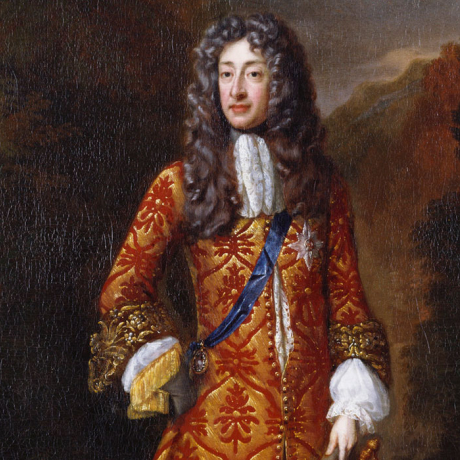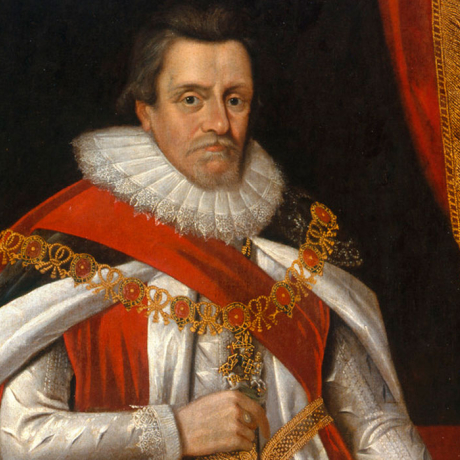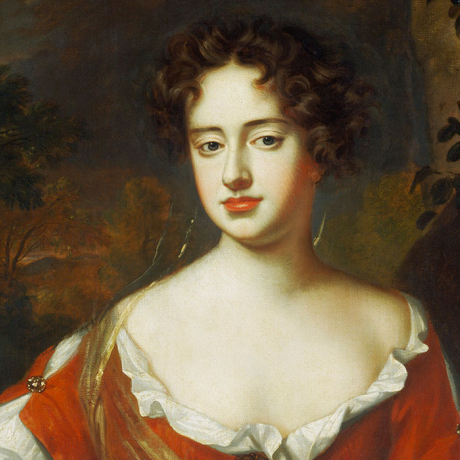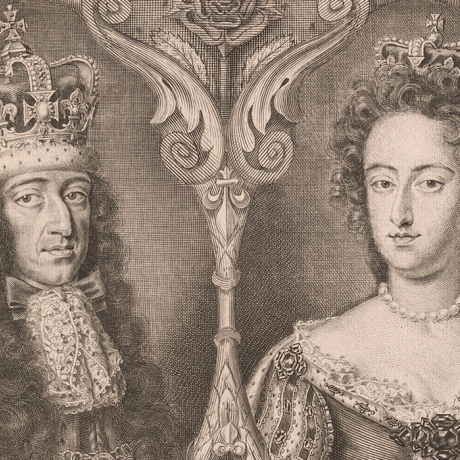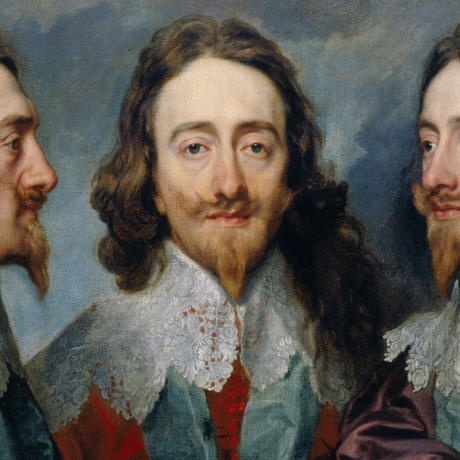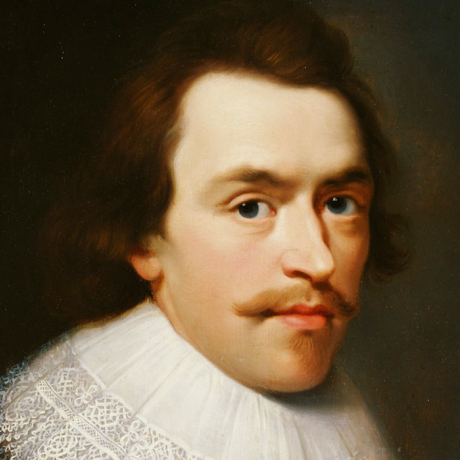The Stuarts were the first kings of the United Kingdom. King James VI of Scotland became also King James I of England, thus combining the two thrones for the first time.
The Stuart dynasty reigned in England and Scotland from 1603 to 1714, a period which saw a flourishing Court culture but also much upheaval and instability, of plague, fire and war.
It was an age of intense religious debate and radical politics. Both contributed to a bloody civil war in the mid-seventeenth century between Crown and Parliament (the Cavaliers and the Roundheads), resulting in a parliamentary victory for Oliver Cromwell and the dramatic execution of King Charles I.
There was a short-lived republic, the only time that the country had experienced such an event.
The Restoration of the Crown was soon followed by another 'Glorious' Revolution. William and Mary of Orange ascended the throne as joint monarchs and defenders of Protestantism, followed by Queen Anne, the second of James II's daughters.
The prospect of end of the Stuart line, with the death of Queen Anne's only surviving child in 1700, led to the drawing up of the Act of Settlement in 1701, which provided that only Protestants could hold the throne.
The next in line according to the provisions of this act was George Elector of Hanover, yet Stuart Princes remained in the wings. The Stuart legacy was to linger on in the form of claimants to the Crown for another century

